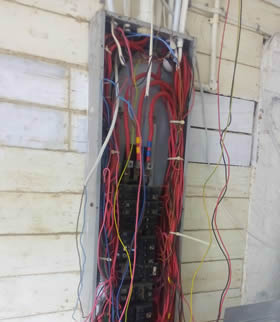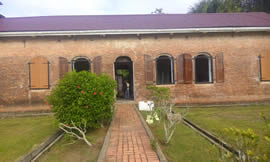 On January 22, 2016 the new Electricity Sector (Technical Standards) Regulations were brought into effect by the Government of Guyana. These regulations will govern the electricity sector of the nation.
On January 22, 2016 the new Electricity Sector (Technical Standards) Regulations were brought into effect by the Government of Guyana. These regulations will govern the electricity sector of the nation.
But just what are the Electricity Sector (Technical Standards) Regulations?
These regulations establish rules on who can, and how to, conduct electrical installations. This will help to ensure that installations are carried out in a safe way that complies with the established national standards, reducing the risks of fire and electric shock.
The Government Electrical Inspectorate (GEI), under the Ministry of Public Infrastructure, will be responsible for ensuring that property owners, electricians and contractors adhere to the Electricity Sector Regulations.
An important part of these regulations is the National Electrical Code (NEC). The NEC establishes the standards for the safe installation of electrical wiring and equipment. These standards will help to ensure that electrical products and services meet minimum requirements for safety and quality. All electrical products used must be suited for their intended uses.
Persons wanting to conduct electrical installations, whether they are currently licensed or are intending to become licensed, must ensure that they are thoroughly familiar with the essentials of the NEC.
According to the regulations, any person wanting to performed, alter, repair, modify or extend an electrical installation must be licensed by the GEI to do so.
Furthermore, before starting any electrical installation, electricians and contractors must apply for and obtain a permit from the GEI.
Once completed, all electrical installations must be inspected, approved and certified by the GEI. The electrical contractor should apply to the GEI for inspection of an installation upon completion of that installation.

